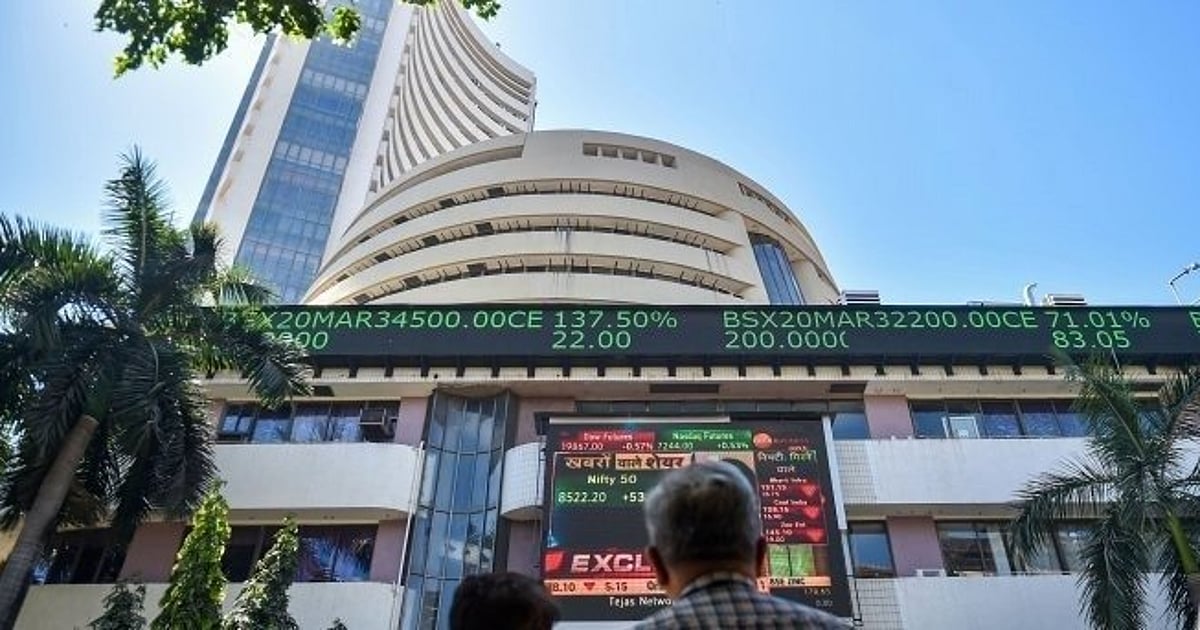 |
|
The Union Budget 2025 presentation day saw a mixed reaction from the benchmark indices, Sensex and Nifty. While the indices ended flat in a special Saturday trading session, a review of the past fourteen budget presentations since 2014 reveals a more nuanced picture of market response. In seven out of those fourteen instances, the Sensex registered positive returns following the budget announcement. This indicates a fluctuating yet generally resilient market response to government fiscal policy pronouncements. The remaining seven instances saw negative or flat performance, highlighting the inherent volatility and diverse interpretations of the budget's implications by market participants. Analyzing the specific budget measures and their impact on various sectors is crucial to understand these varied market responses. Factors such as anticipated tax changes, infrastructure investments, and overall economic growth projections significantly influence investor sentiment and trading activity.
The apparent lack of a clear, consistent trend in market reaction to the budget presentations suggests that factors beyond the budget itself play a pivotal role in shaping investor behavior. Global economic conditions, geopolitical events, and prevailing investor sentiment—all external to the budget itself—often overshadow the immediate impact of the budget's announcements. For example, a positive global economic outlook might bolster market confidence even if a particular budget measure is perceived negatively by some investors. Conversely, global uncertainty can lead to market declines regardless of the budget's content. This necessitates a holistic approach to understanding market reactions, moving beyond simply analyzing the immediate post-budget movements to incorporate the wider macroeconomic context.
Further investigation into the specific years of positive and negative market responses would offer valuable insights into the relationship between budgetary measures and investor behavior. Detailed analysis could uncover patterns linking particular types of fiscal policies—for example, tax cuts or increased spending in specific sectors—with the subsequent market performance. This deeper dive could aid in developing more accurate predictive models for future market reactions to budget announcements. Moreover, studying the sectoral variations within the market would offer a more granular understanding of the budget's differential impact. Certain sectors may be more sensitive to budgetary changes than others, leading to sector-specific variations in market performance. Analyzing the reactions of specific sectors could improve our understanding of how the budget's impact is distributed throughout the economy, and assist in gauging the government's success in achieving its intended policy objectives.
The overall flat performance in the special Saturday session of the Union Budget 2025 presentation likely reflects a period of market consolidation. Investors may be awaiting further clarification or detailed analysis of the budget's implications before making significant trading decisions. A wait-and-see approach, common in the aftermath of major policy pronouncements, is quite probable. The initial flat reaction doesn't necessarily signal a negative outlook; rather, it could represent a pause before a more decisive market movement, either positive or negative, depending on future economic developments and interpretations of the budget's long-term impact. Hence, simply looking at the immediate post-budget market reaction is insufficient for a complete understanding of the budget's influence on the economy and market sentiment.
Future research could explore the use of more sophisticated statistical models to predict market reactions to budget announcements. Incorporating variables such as global market trends, investor confidence indices, and sector-specific forecasts could improve the accuracy of these predictions. This would prove beneficial for both investors and policymakers, allowing for better informed decision-making. By understanding the dynamics of market reaction to budgetary measures, investors can better manage their portfolios, while policymakers can refine their fiscal strategies to maximize their desired economic outcomes. A better understanding of this complex interplay between government policy and market response is crucial for fostering a healthy and robust financial ecosystem.
Source: Union Budget 2025 | Sensex gave positive returns in 7 out of 14 Budget presentation days since 2014
